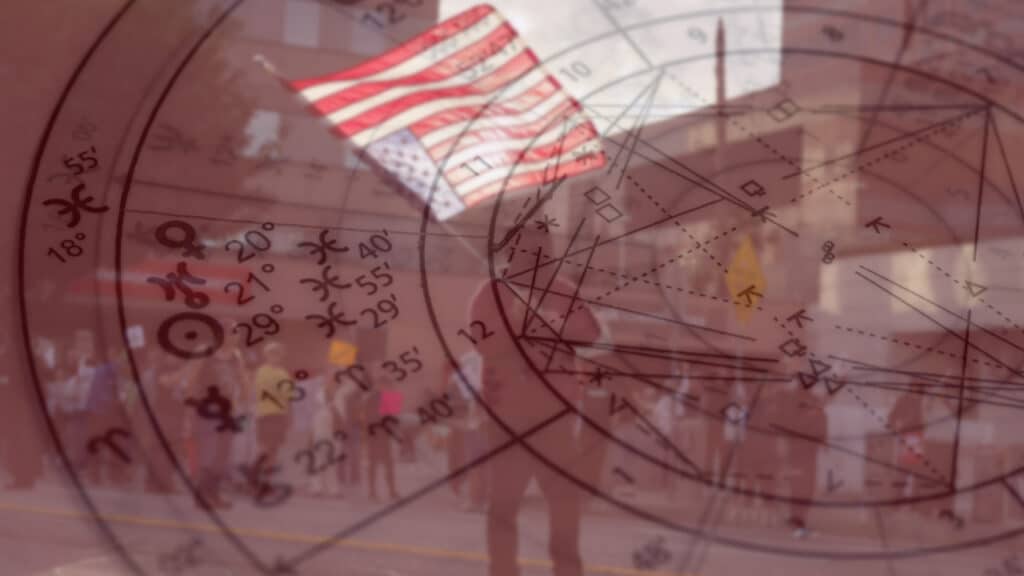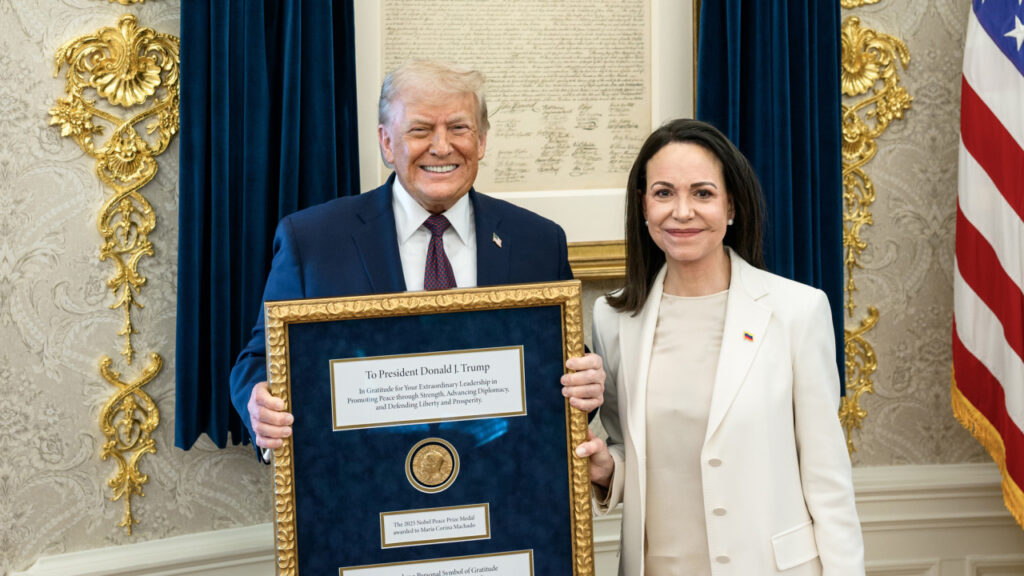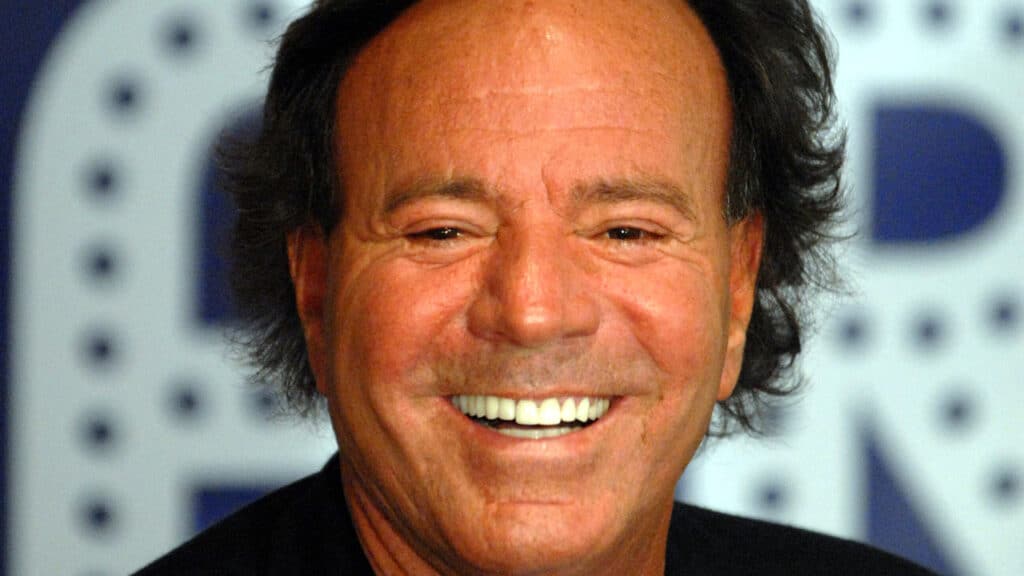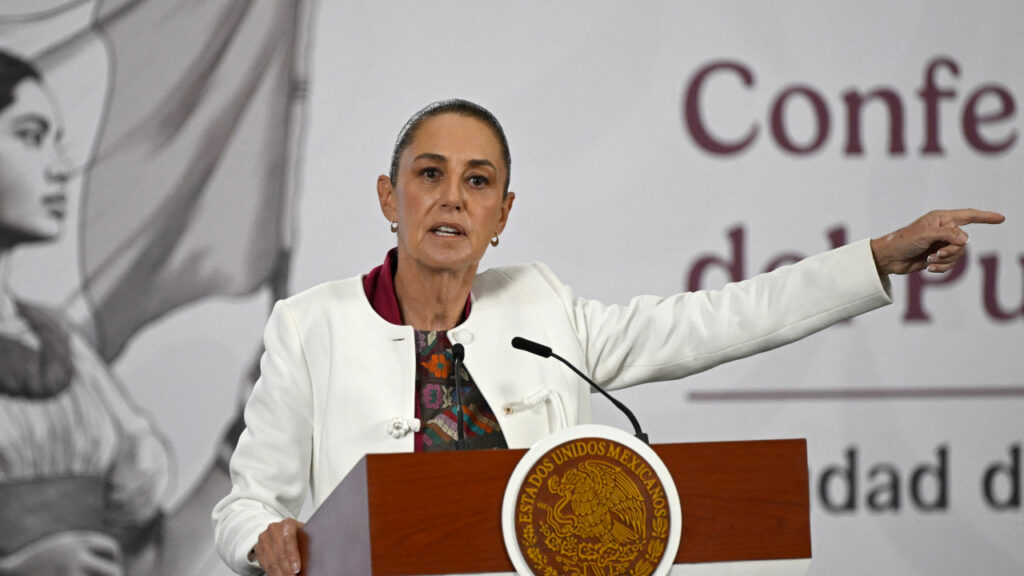
Greta Thunberg and Activists Detained After Attempt to Deliver Aid to Gaza by Sea
On Monday morning, a 22-year-old woman did what world leaders still refuse to do. She attempted to deliver aid to people starving in Gaza behind Israel’s blockade. That woman was Greta Thunberg.
The boat she was on—the Madleen, a UK-flagged civilian vessel—was carrying a small load of rice, baby formula, and medical supplies. It didn’t reach its destination. Instead, Israeli armed forces intercepted it in international waters and detained the entire crew.
Thunberg’s pre-recorded message, shared by the Freedom Flotilla Coalition before contact was lost, said it plainly: “If you see this video, we have been intercepted and kidnapped in international waters. I urge all my friends, family, and comrades to put pressure on the Swedish government to release me and the others as soon as possible.”
Israeli forces detained Greta Thunberg and others after trying to break the blockade
The ship was part of a direct action that the Freedom Flotilla Coalition organized. The grassroots solidarity network aims at challenging Israel’s blockade of Gaza, which has severely limited access to basic necessities. The Madleen had departed from Sicily on June 1. It carried passengers from Sweden, France, Brazil, Turkey, Spain, and Germany—including French Member of the European Parliament Rima Hassan, who confirmed the interception happened around 2 a.m., according to CNN.
Shortly before the boarding, the coalition reported that quadcopters were circling the ship, and communications were jammed. And a white, paint-like substance had been dropped on the deck. “It’s affecting my eyes,” said activist Yasemin Acar on a livestream before the feed cut out.
Later, the foreign ministry released photos showing the crew all wearing orange life jackets and their hands up. Thunberg appeared calm, seated at the front of the group in a green hat.
The official response? Sandwiches and selfies.
Israeli officials quickly dismissed the humanitarian effort as a “media stunt.” A spokesperson posted on X that the “selfie yacht” was “safely making its way” to port, with all aboard “provided with sandwiches and water.” A separate statement mocked the group: “The show is over.”
Footage distributed by official channels showed a soldier offering Thunberg a sandwich and a bottle of water. The foreign ministry later said the “tiny amount of aid… not consumed by the ‘celebrities’” would be transferred through “real humanitarian channels.”
But that wasn’t the only reaction.
France’s President Emmanuel Macron requested the release of French citizens onboard, while Spain and Sweden demanded consular protection for their nationals. The UN’s special rapporteur on human rights, Francesca Albanese, urged more boats to follow, posting: “Madleen’s journey may have ended, but the mission isn’t over.”
Greta Thunberg’s message was about more than climate
Thunberg’s presence on the Madleen wasn’t symbolic—it was intentional. In her own words, she joined to expose “the total impunity” under which the blockade operates and to deliver real aid to civilians, not through military channels, but through direct action.
This isn’t the first time she’s spoken up. Thunberg has consistently drawn connections between climate justice and human rights. In fact, this mission had previously been planned aboard another vessel, the Conscience, which Israel allegedly attacked with drones off the coast of Malta last month. No government claimed responsibility.
According to NPR, Thunberg said just days before sailing: “We know that previous flotillas have resulted in attacks, violence, and even cases of death.”
Hunger, aid, and why this moment matters
What the Madleen was trying to do was simple: bring rice, baby formula, and medicine to people facing starvation. But Israel blocked even that.
According to the UN and multiple humanitarian groups, the blockade has resulted in catastrophic hunger. In late April, a UN-backed report found that 1 in 5 people in Gaza were facing starvation. Over the last three months, Israel has reportedly killed dozens of civilians while trying to reach food from a U.S.-backed foundation overseeing aid distribution.
Despite mounting international criticism, restrictions on humanitarian access continue. The Freedom Flotilla Coalition called the interception a “blatant violation of international law” and pointed out that the International Court of Justice had issued binding orders demanding unrestricted humanitarian aid.
Greta Thunberg did what institutions won’t
As the armed forces towed the boat toward port, a small protest formed in the nearby city. Activists carried signs reading “Resist genocide” and “Release the Madleen activists now.” Some were confronted by counter-protesters shouting, “You’re living here! You’re bullies!”
The Freedom Flotilla Coalition insists that more actions are coming. Their message is clear: “We will not be intimidated. The world is watching.”




